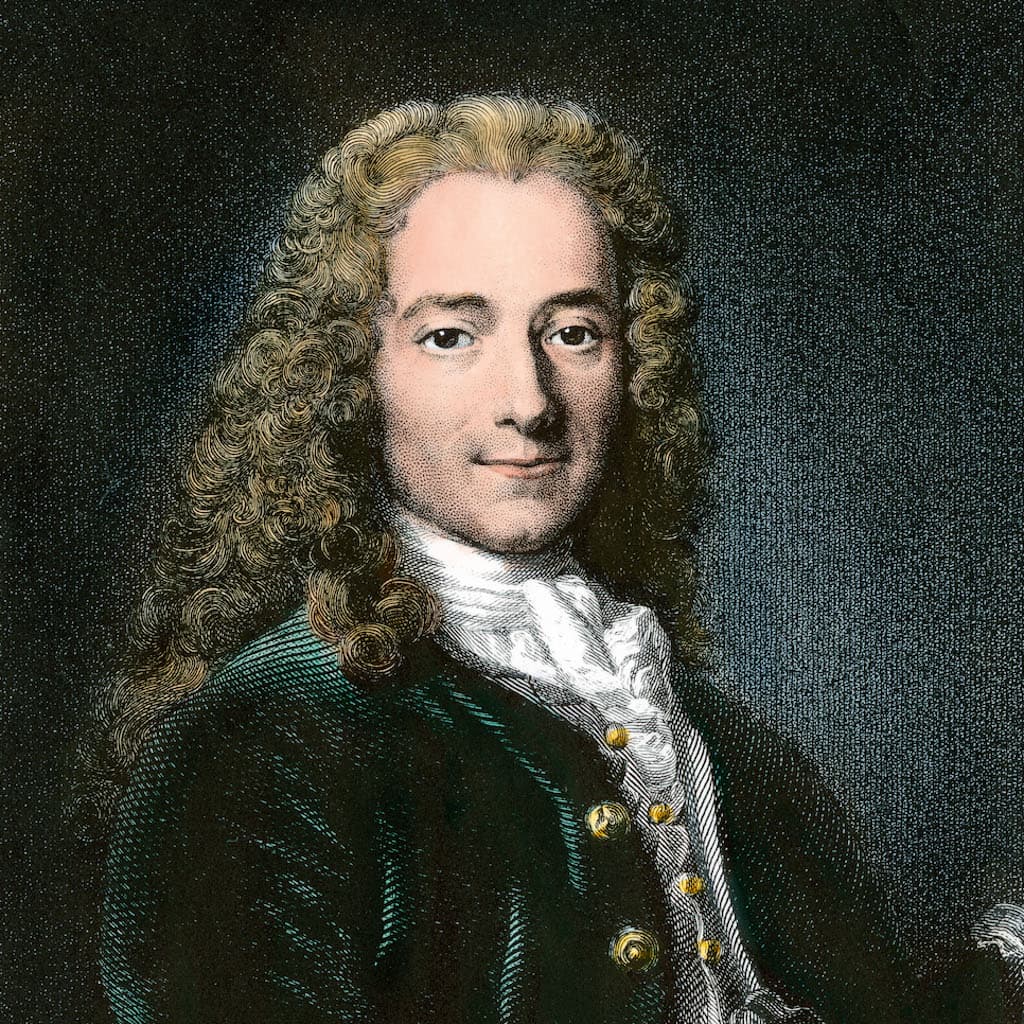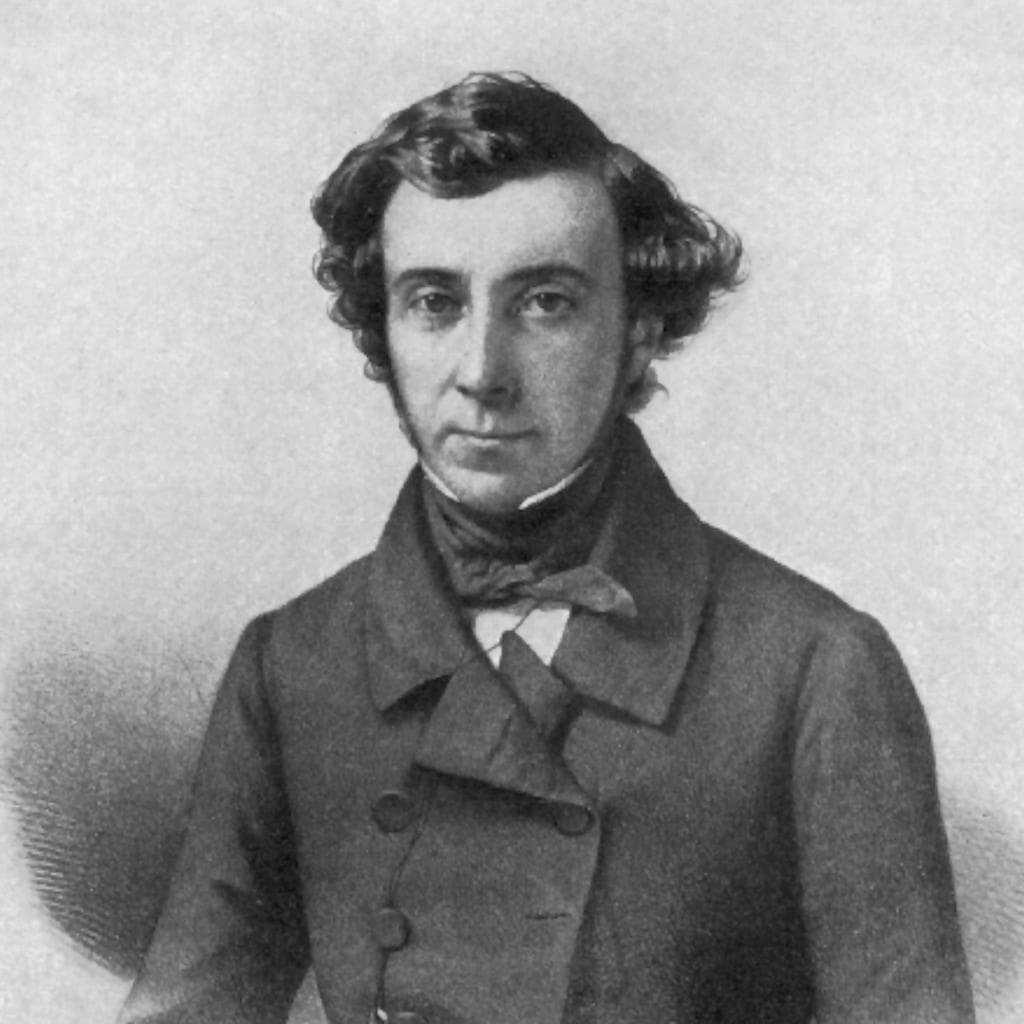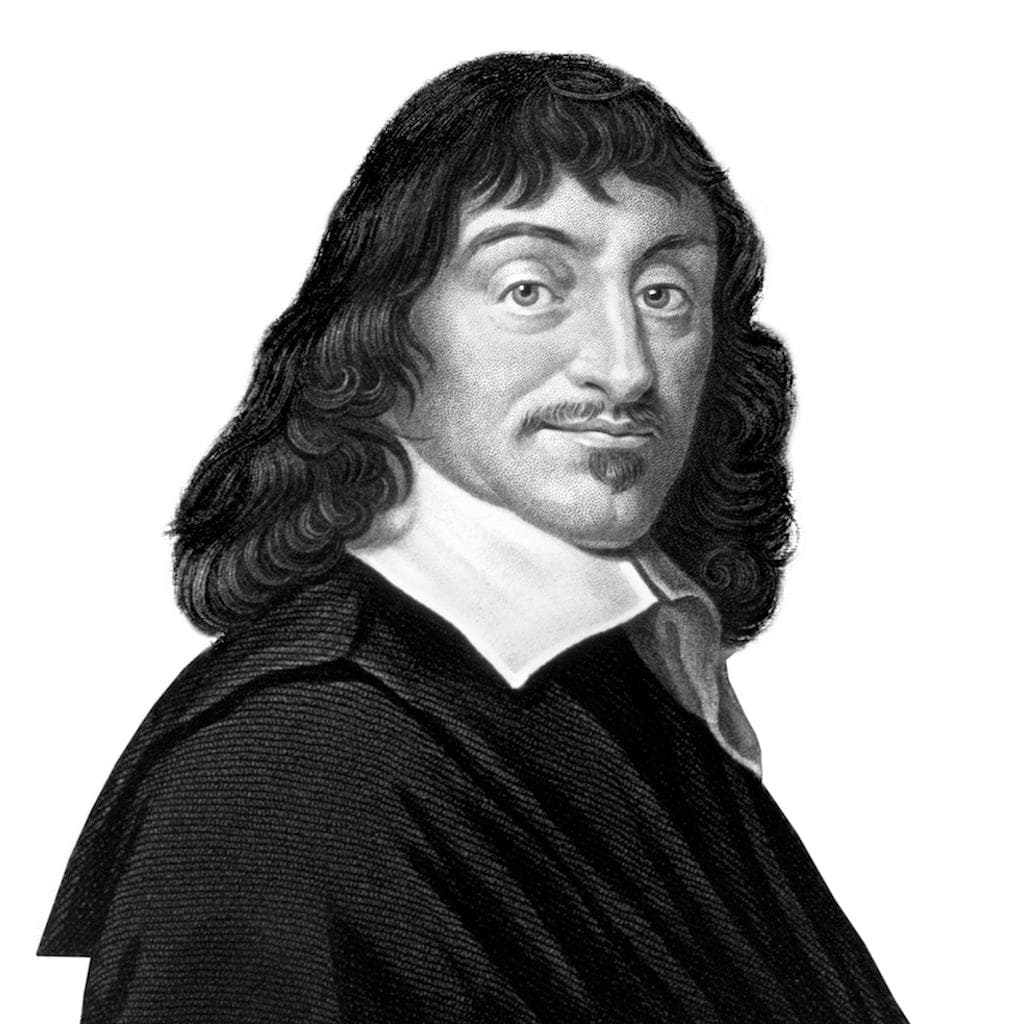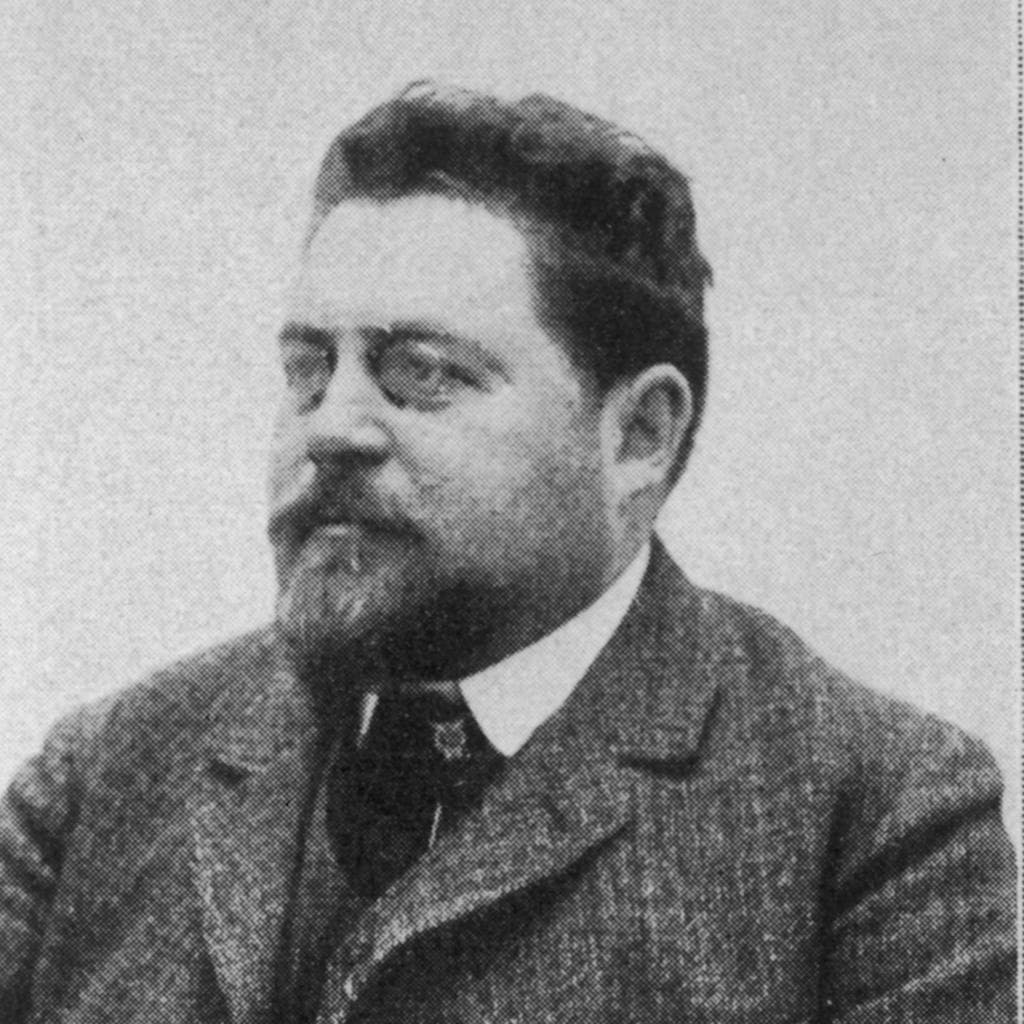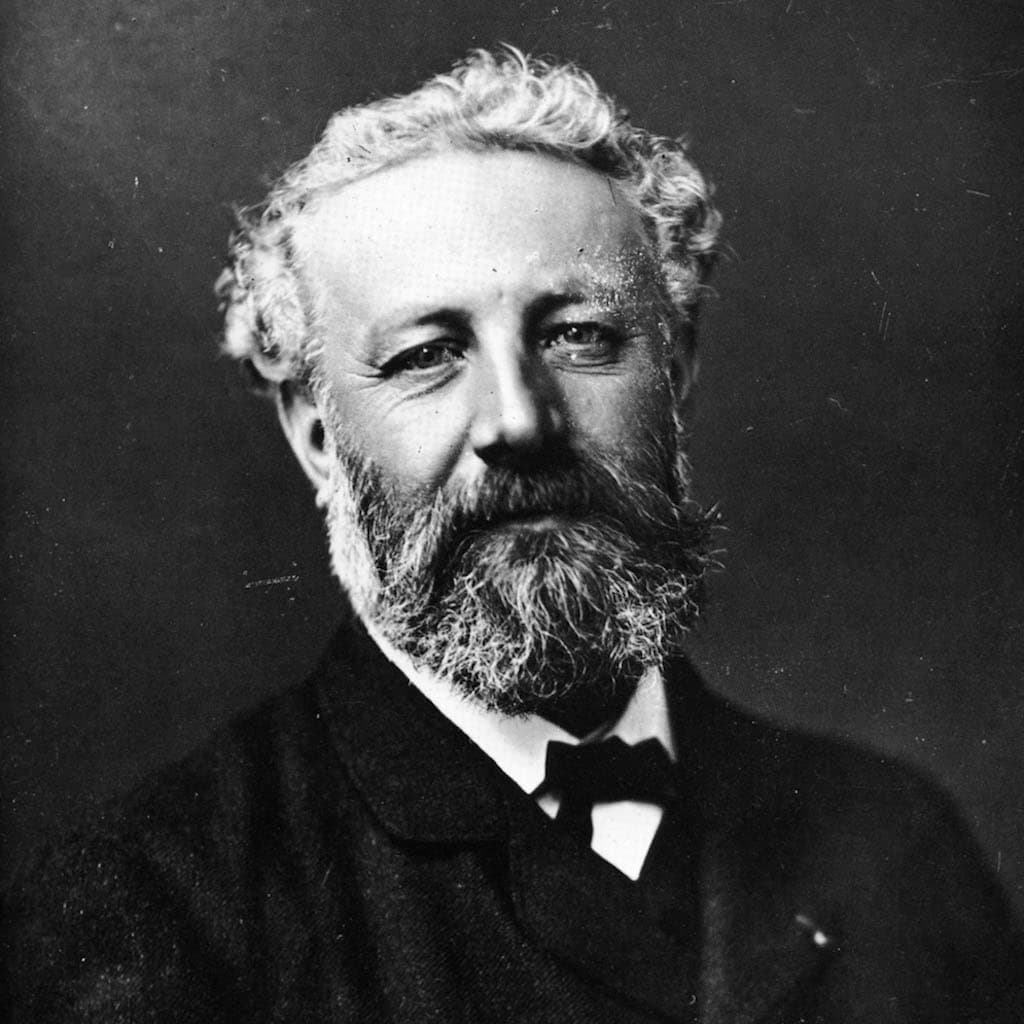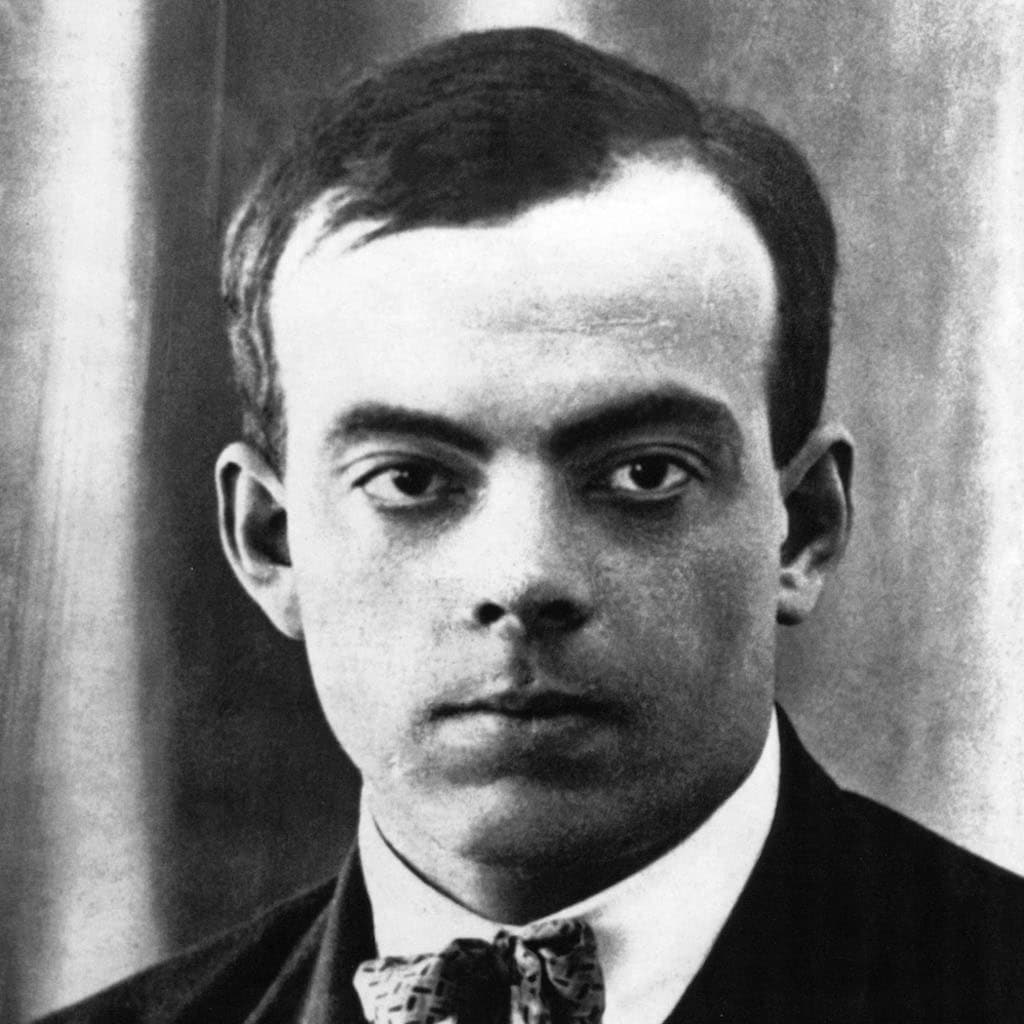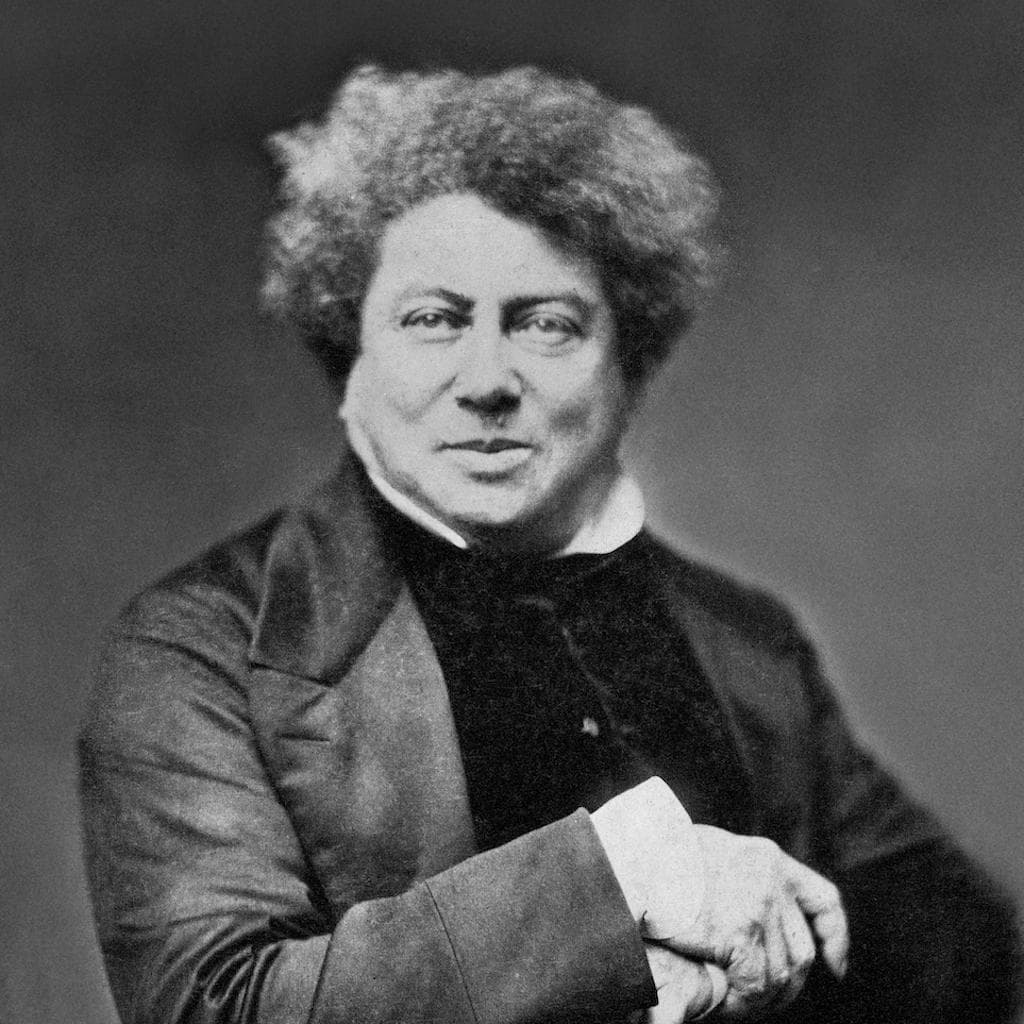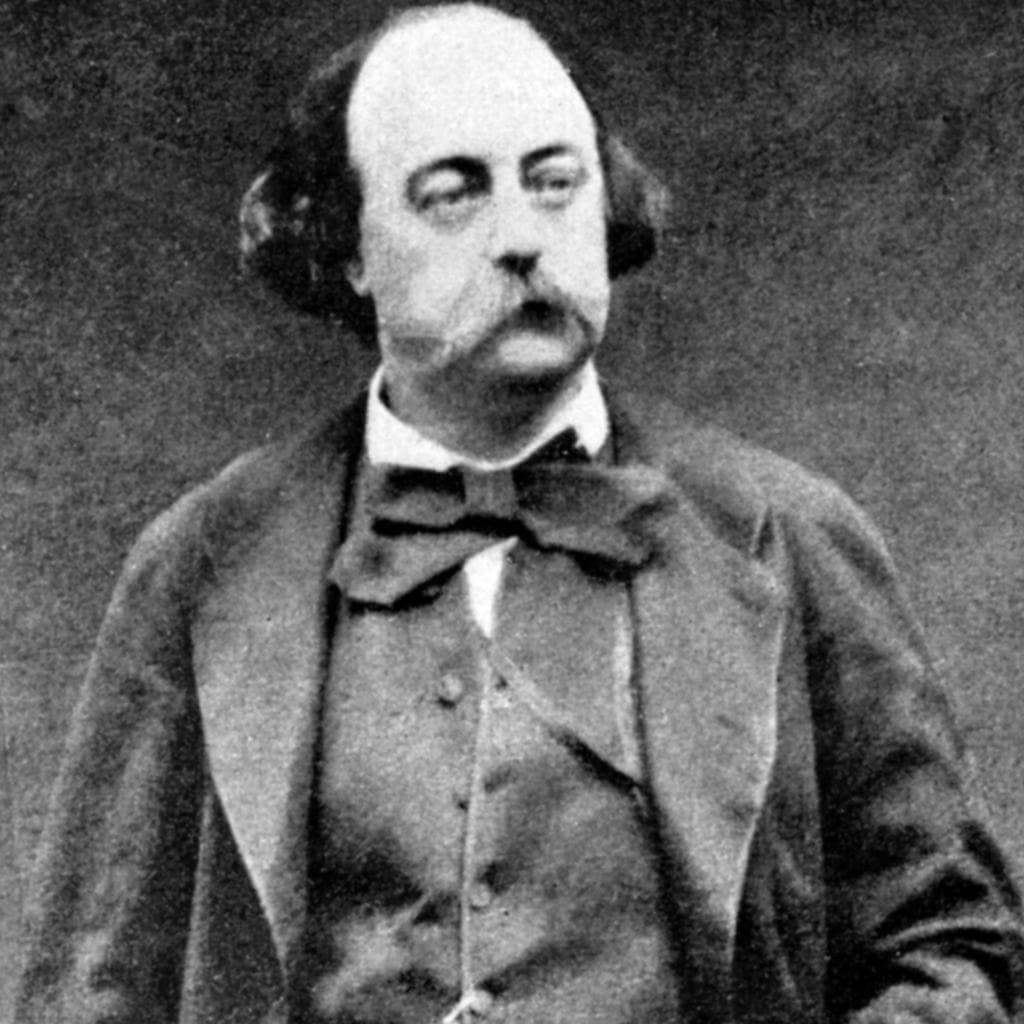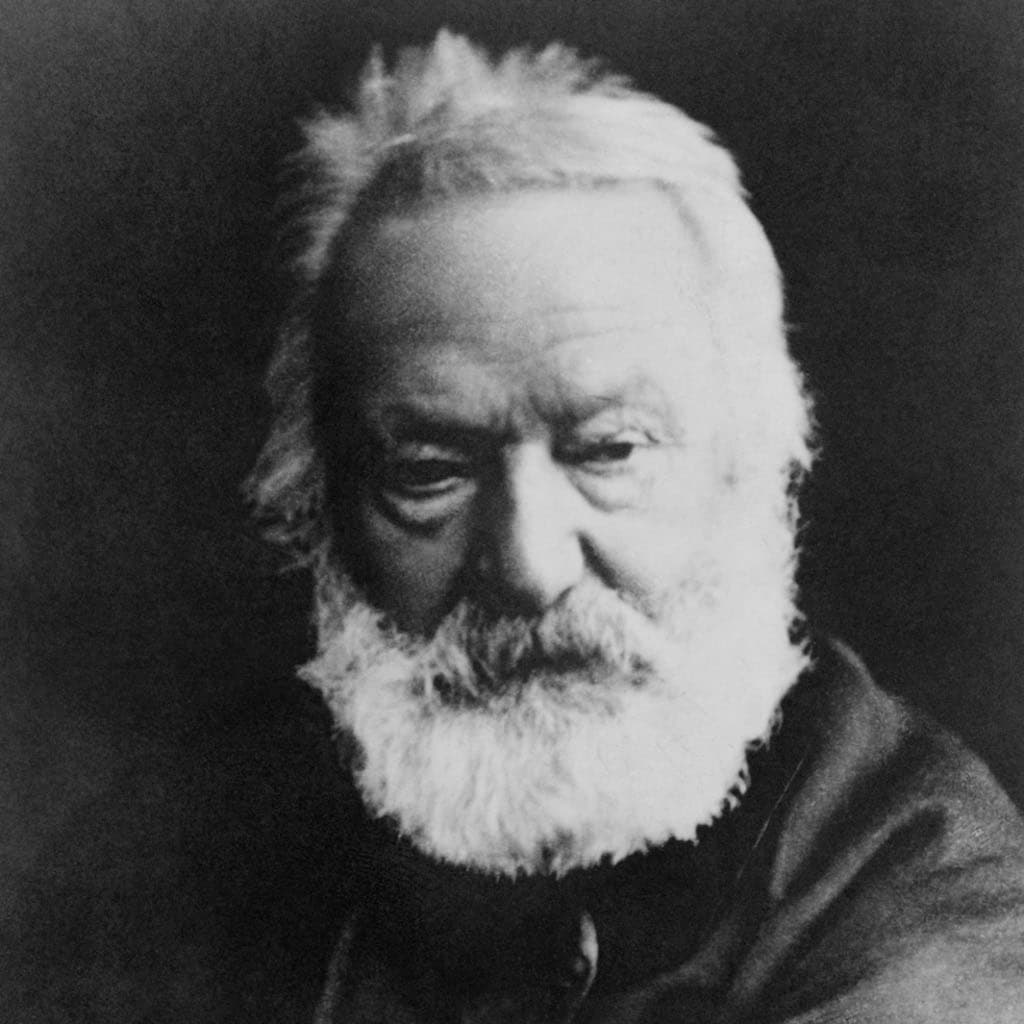BLOG POSTS
Nationality: French
Voltaire
Francois-Marie Arouet (1694-1778) was better known under his nom de plume of Voltaire. A prolific writer of over 2,000 books and booklets and over 20,000 letters, he is best remembered for novels such as ‘Candide’.
Tocqueville Alexis de
Alexis de Tocqueville (1805 – 1859) was a French philosopher. His ‘Democracy in America’ is a classic of political philosophy. Hailed by John Stuart Mill and Horace Greely as the finest book ever written on the nature of democracy, it continues to be an influential text on both sides of the Atlantic, and above all in the emerging democracies of Eastern Europe.
Descartes Rene
Rene Descartes (1596 – 1650) has been described as the ‘father’ of modern philosophy, and is, without doubt, one of the greatest thinkers in history. His genius lies at the core of our contemporary intellectual identity. His writings attempted to answer the central questions surrounding the self, God, free-will and knowledge, using the science of thought as opposed to received wisdom based on the tenets of faith.
Leroux Gaston
Gaston Leroux (1868 – 1927) was a French novelist, playwright and journalist. His principal claim to fame is to have written ‘The Phantom of the Opera’, but also he wrote a number of extremely popular detective stories, including the most notable ‘The Mystery of the Yellow Room’, the original murder-in-a-locked room mystery.
Verne Jules
Jules Verne (1828 -1905) is a French author who, although he did not invent Science Fiction, was probably the most influential writer in the genre. Although basing many of his ideas on the latest technological advances of his time, his invention was so meticulous as to be totally convincing. His novels, such ‘Twenty Thousand Leagues Under The Sea’ and ‘Journey to the Centre of Earth’ are classics of enduring popularity.
Saint-Exupery Antoine de
Antoine de Saint-Exupery (1900 – 1944) was a French aviator and writer who has achieved literary immortality through his story, ‘The Little Prince’, a story for children that has a great appeal for readers of all ages.
Dumas Alexandre
Alexandre Dumas (1802-1870) was a French writer renowned for his historical adventure stories, which have made him one of the most widely-read French authors in the world. Literary critics tend to dismiss his work, partly because of the sheer volume, but his novels have always been enormously popular and the huge number of film adaptions of his most famous works, including ‘The Count of Monte Cristo’ and ‘The Three Musketeers’, demonstrate the lasting appeal of his classic adventures.
Flaubert Gustave
Gustave Flaubert (1821-1880) achieved instant success and fame, indeed notoriety, with his first novel, ‘Madam Bovary’, published in 1857. He was prosecuted on the basis that the novel was ‘offensive to public morality and religion’. Although found not guilty, Flaubert earned a lecture from the judge on the dangers of ‘realism’. The book was a huge success, and Flaubert came to be considered one of the great novelists of Western literature.
Hugo Victor
Victor Hugo’s life (1802-1885) spanned most of the nineteenth century, and no other author portrays that turbulent period of French history than Hugo; on his death, he was accorded a state funeral. He achieved excellence throughout his huge body of work, but his two lasting achievements are ‘Les Misérables’ (1862) and ‘Notre Dame de Paris’, now more commonly known as ‘The Hunchback of Notre Dame’.
